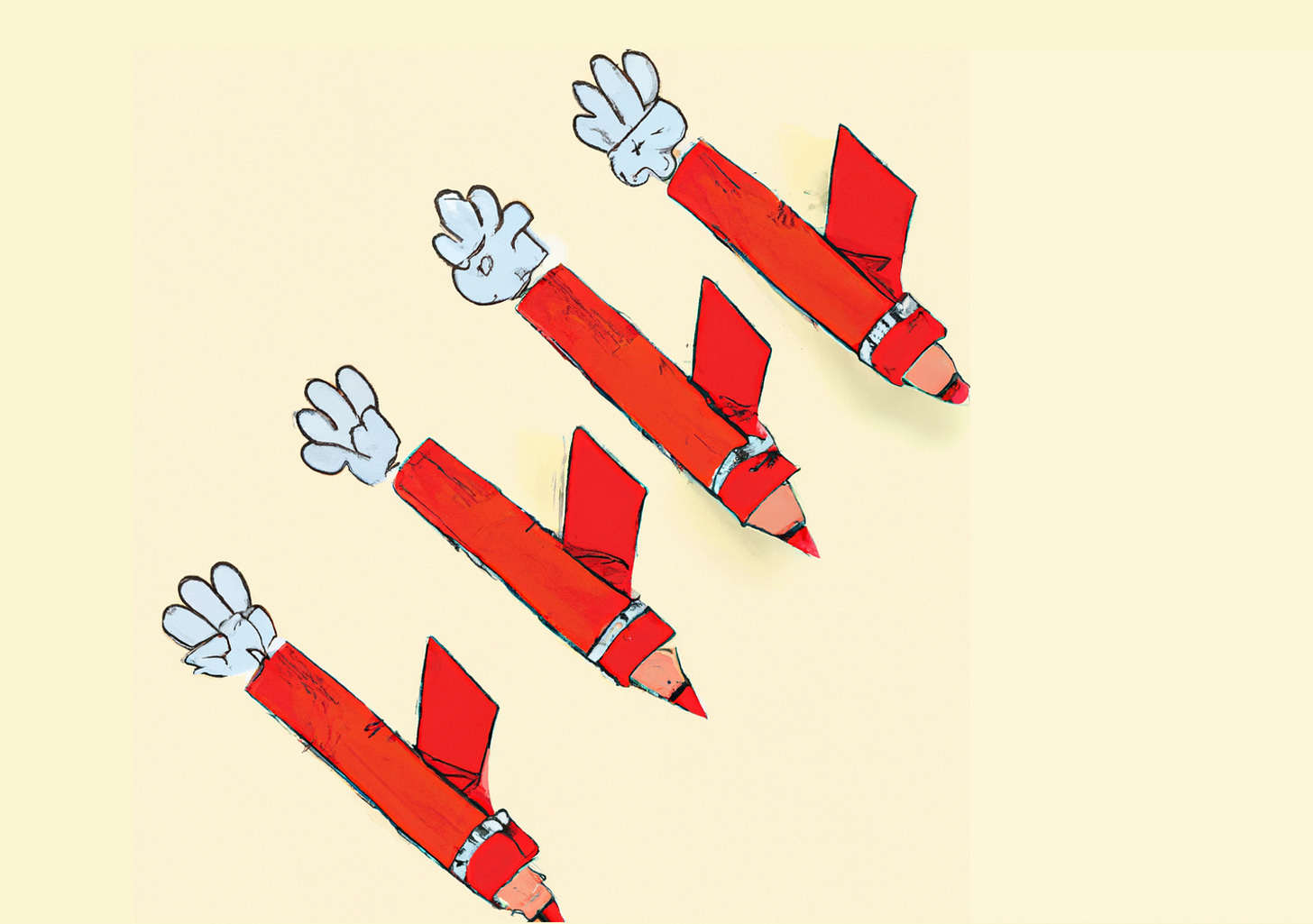Notebook: (1) Sensitivity
by Ann Kjellberg, editor
There’s a new way of being a “contrarian,” best executed on Twitter or in an op-ed, according to which one advertises one’s intellectual independence by denouncing some contemporary trend, usually speaking up for people’s selfish needs, or the institutional status quo, in the face of some call for society-improving change. I certainly don’t want to be this kind of person. But I also sometimes feel like the two sides in some public discussion conceal all sorts of complicated realities that many are too busy waving the high hand to wrestle with. Such a case is the controversies over Puffin Press’s recent bowdlerized editions of the works of Roald Dahl.


